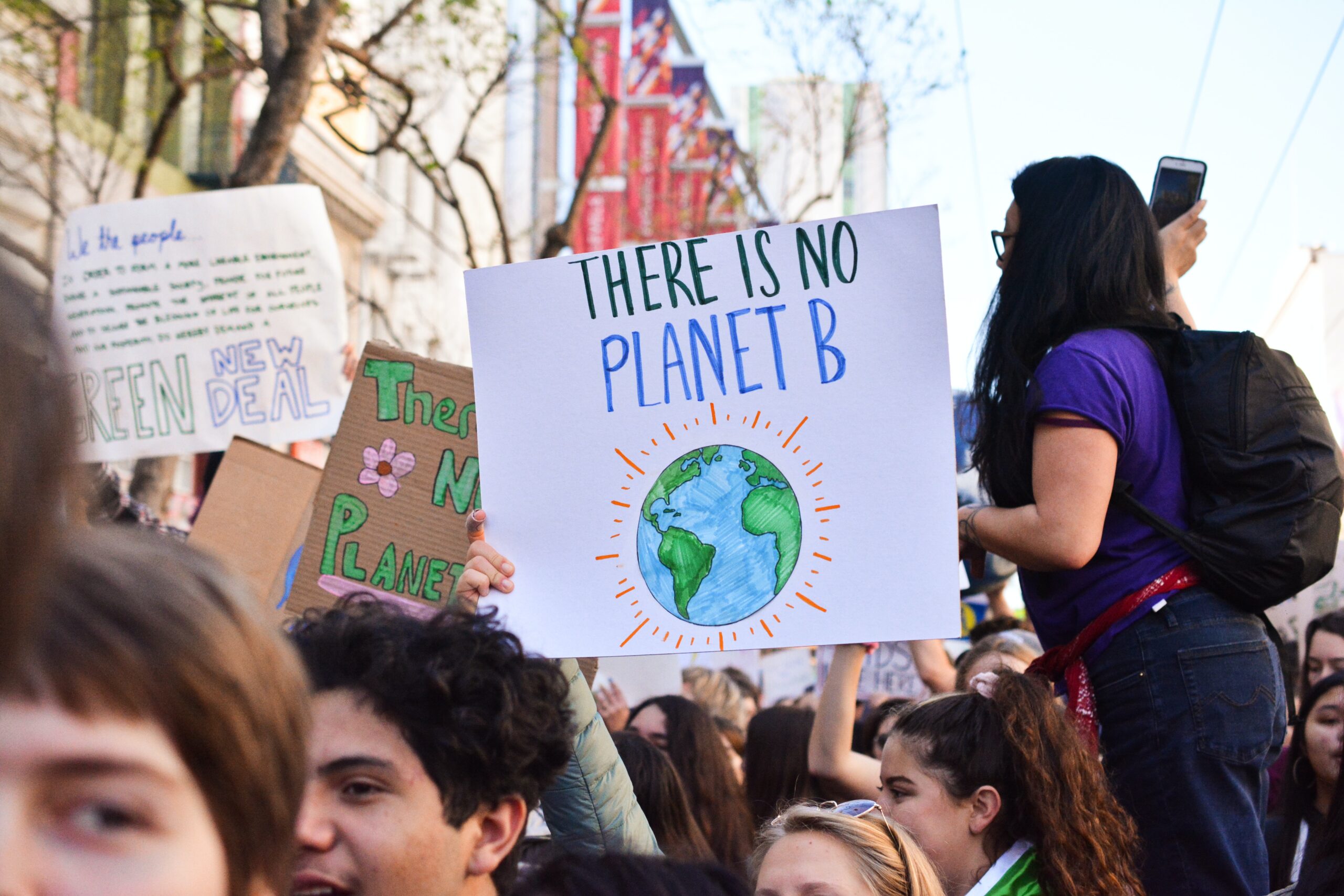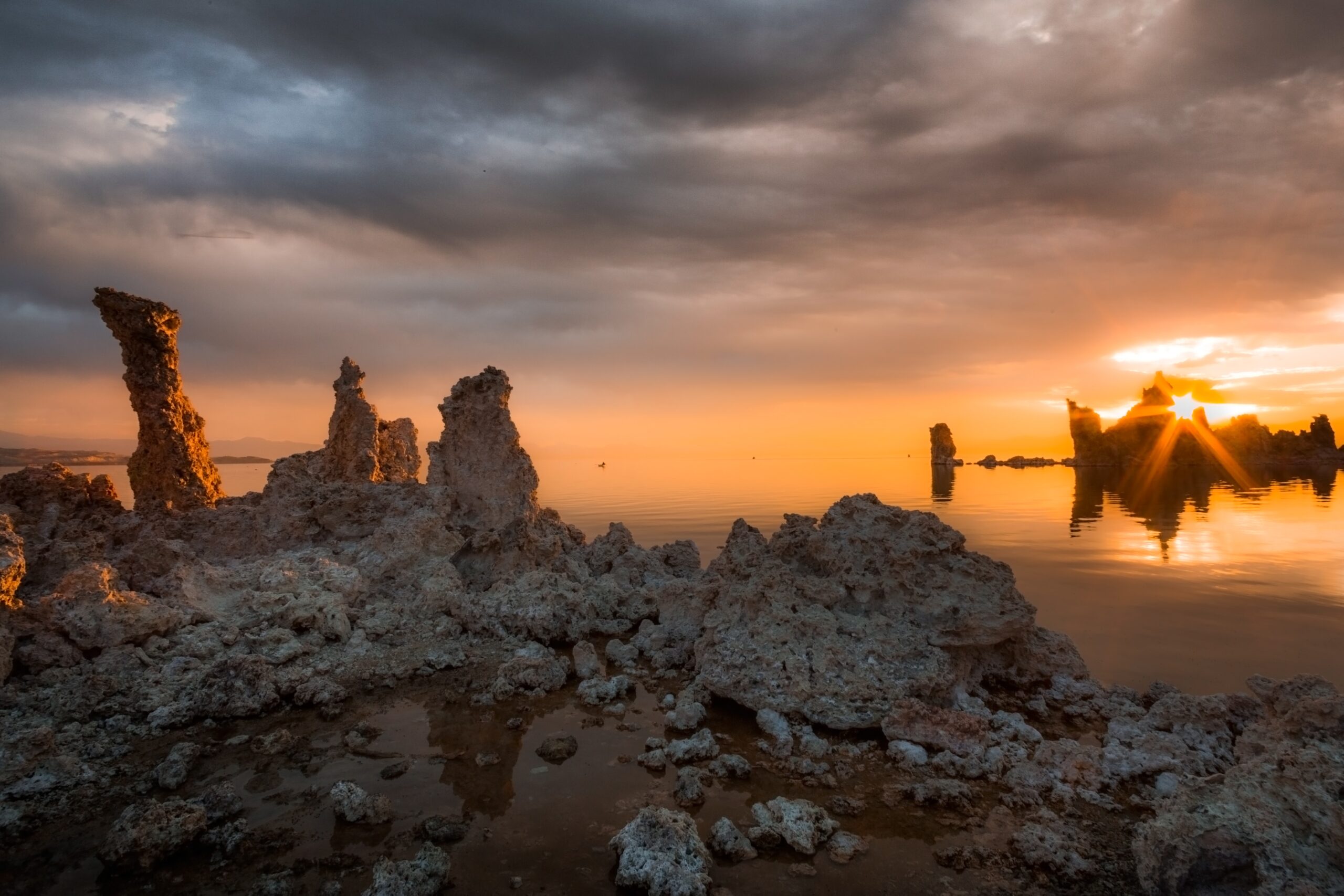Picture yourself lounging on a pristine, white sandy beach, the warm sun kissing your skin and a gentle breeze rustling through the palm trees. Isn’t it paradise? But before you pack your bags and head to the Caribbean, it’s important to know what the weather has in store for you. From the sunny days of winter to the occasional rain showers of summer, the Caribbean experiences a diverse range of weather throughout the year. Whether you’re planning a relaxing beach getaway or an adventurous island exploration, understanding the climate patterns will ensure you make the most of your time in this tropical paradise.
Overview
The Caribbean is a tropical paradise that attracts millions of tourists every year with its warm sunshine, pristine beaches, and crystal clear waters. But what is the weather like in this idyllic region throughout the year? Let’s explore the average temperature and rainfall patterns, as well as the different seasons and their unique characteristics.
Average temperature
One of the biggest draws of the Caribbean is its consistently warm and balmy weather. The average temperature in the region hovers around 80 degrees Fahrenheit (27 degrees Celsius) throughout the year. This means you can expect to bask in the glorious warmth no matter when you visit.
Rainfall patterns
The Caribbean experiences a tropical climate, which means it has a distinct rainy season and dry season. The rainfall patterns vary across the different islands and regions, but generally speaking, you can anticipate abundant rainfall in certain months and a drier spell in others. Let’s delve deeper into each season and see how the weather unfolds.
Winter (December to February)
Temperature
During the winter months, the Caribbean enjoys pleasant temperatures that range from the mid-70s to low 80s Fahrenheit (24-28 degrees Celsius). It’s the perfect escape from the frigid temperatures of other parts of the world. Pack your shorts, sundresses, and flip-flops, and prepare to soak up the tropical vibes.
Rainfall
The winter season in the Caribbean is characterized by lower rainfall compared to other times of the year. However, it’s still advisable to carry an umbrella or raincoat as occasional showers are not uncommon.
Hurricane season
While the chances of encountering a hurricane during winter are relatively low, it’s essential to stay informed and keep an eye on weather updates. Hurricane season typically runs from June to November, so there’s a minimal risk during the winter months.

Spring (March to May)
Temperature
Springtime in the Caribbean brings a gradual increase in temperature, with average highs ranging from the low to mid-80s Fahrenheit (28-30 degrees Celsius). It’s warm enough for swimming and sunbathing, but not overwhelmingly hot.
Rainfall
As spring progresses, the rainfall in the Caribbean starts to pick up. You can expect occasional showers during this season, but they are usually short-lived and followed by bursts of sunshine.
Dry season
Towards the end of spring, the Caribbean’s transition into the dry season begins. The rains become less frequent and the days become sunnier, allowing for endless moments of relaxation on the beach or exploring the lush landscapes.
Summer (June to August)
Temperature
Summer is when the Caribbean shines bright, both in terms of sunshine and temperature. The average high in the summer months ranges from the mid-80s to low 90s Fahrenheit (29-32 degrees Celsius). The sea breeze provides some respite from the heat, making it the perfect time to indulge in water activities and beach adventures.
Rainfall
Along with the scorching heat, the summer months bring more rainfall to the Caribbean. Showers are more frequent and can sometimes be accompanied by thunderstorms. Don’t forget to pack your waterproof gear and embrace the occasional downpours as a chance to cool off and experience the refreshing tropical rain.
Hurricane season
Summer is also the peak of hurricane season in the Caribbean. While the chances of encountering a hurricane are still relatively low, it’s crucial to stay vigilant and stay updated on any weather warnings or advisories.

Fall (September to November)
Temperature
As fall descends upon the Caribbean, the temperatures start to gradually cool down. The average highs range from the low to mid-80s Fahrenheit (28-30 degrees Celsius), making it an ideal time to explore the islands without the scorching heat.
Rainfall
Fall is when the Caribbean experiences its highest rainfall of the year. The showers become more frequent and intense, often lasting for longer periods. Be prepared with proper rain gear or take advantage of indoor attractions and cultural activities during these rainy spells.
Hurricane season
Fall is also a part of the hurricane season in the Caribbean. It’s important to stay informed about any potential storms or hurricanes and follow the guidance of local authorities.
Transition to dry season
Towards the end of fall, the Caribbean starts transitioning into the dry season. The rains gradually decrease, and the weather becomes drier, setting the stage for the upcoming winter season.
Northern Caribbean Islands
Jamaica
Jamaica is a popular destination in the northern Caribbean, offering stunning beaches, vibrant culture, and a warm climate throughout the year. The average temperature in Jamaica remains relatively consistent, ranging from the mid-70s to low 90s Fahrenheit (24-32 degrees Celsius). The island experiences a rainy season from May to November, with occasional showers. However, it’s important to note that hurricanes can occasionally affect Jamaica during the hurricane season.
Cuba
Cuba, the largest island in the Caribbean, offers a diverse array of attractions, including pristine beaches, historical sites, and vibrant cities. The average temperature in Cuba ranges from the mid-70s to low 90s Fahrenheit (24-32 degrees Celsius) year-round. The country experiences a rainy season from May to October, with periods of heavy rainfall. Like other Caribbean destinations, Cuba is susceptible to hurricanes during the hurricane season.
Bahamas
The Bahamas is an archipelago of breathtaking islands known for their turquoise waters and white sandy beaches. The average temperature in the Bahamas ranges from the low to mid-80s Fahrenheit (28-30 degrees Celsius) throughout the year. The rainy season in the Bahamas runs from May to October, with sporadic showers. Similar to other Caribbean destinations, the Bahamas can be affected by hurricanes, particularly during the hurricane season.

Eastern Caribbean Islands
Barbados
Barbados is renowned for its stunning beaches, vibrant nightlife, and friendly locals. The average temperature in Barbados ranges from the mid-70s to low 90s Fahrenheit (24-32 degrees Celsius) year-round. The island experiences a wet season from June to November, with brief afternoon showers. While hurricanes are rare in Barbados, it’s still important to stay updated on any weather advisories during the hurricane season.
St. Lucia
St. Lucia is a tropical paradise known for its dramatic landscapes, luxury resorts, and rich culture. The average temperature in St. Lucia ranges from the low to mid-80s Fahrenheit (28-30 degrees Celsius) year-round. The island experiences a wet season from June to November, with occasional rain showers. Although St. Lucia is less prone to hurricanes compared to other Caribbean islands, it’s advisable to stay informed during the hurricane season.
Dominica
Dominica, often called the “Nature Island,” boasts lush rainforests, pristine waterfalls, and diverse marine life. The average temperature in Dominica ranges from the mid-70s to low 90s Fahrenheit (24-32 degrees Celsius) throughout the year. The island experiences a wet season from June to November, with heavy rainfall. Dominica can be susceptible to hurricanes during the hurricane season, so it’s important to remain vigilant and follow any weather updates.
Southern Caribbean Islands
Trinidad and Tobago
Trinidad and Tobago is a vibrant and culturally diverse country with stunning beaches and a lively carnival atmosphere. The average temperature in Trinidad and Tobago ranges from the mid-70s to low 90s Fahrenheit (24-32 degrees Celsius) throughout the year. The islands experience a wet season from June to December, with intermittent showers. While hurricanes rarely affect Trinidad and Tobago, it’s always wise to stay aware during the hurricane season.
Aruba
Aruba is known for its picture-perfect beaches, crystal clear waters, and year-round sunshine. The average temperature in Aruba ranges from the mid-70s to low 90s Fahrenheit (24-32 degrees Celsius) throughout the year. The island experiences a relatively dry climate, with minimal rainfall. Aruba is located outside the hurricane belt, making it less prone to hurricanes compared to other Caribbean destinations.
Curacao
Curacao is a Dutch Caribbean island renowned for its vibrant architecture, rich history, and coral reefs. The average temperature in Curacao ranges from the mid-70s to low 90s Fahrenheit (24-32 degrees Celsius) year-round. The island experiences a dry season from January to September, with minimal rainfall. Curacao is also located outside the hurricane belt, reducing the chances of encountering hurricanes during your visit.
Western Caribbean Islands
Belize
Belize offers a tropical paradise with ancient Mayan ruins, breathtaking coral reefs, and lush jungles. The average temperature in Belize ranges from the mid-70s to low 90s Fahrenheit (24-32 degrees Celsius) year-round. The country experiences a wet season from June to November, with occasional showers. Belize is located within the hurricane belt, so it’s important to monitor weather conditions and heed any advisories during the hurricane season.
Cayman Islands
The Cayman Islands are renowned for their stunning beaches, world-class diving spots, and offshore banking services. The average temperature in the Cayman Islands ranges from the mid-70s to low 90s Fahrenheit (24-32 degrees Celsius) throughout the year. The islands experience a wet season from May to October, with occasional rain showers. While the Cayman Islands can be affected by hurricanes during the hurricane season, it’s relatively rare.
Honduras
Honduras offers a diverse range of attractions, including ancient ruins, pristine beaches, and vibrant coral reefs. The average temperature in Honduras ranges from the mid-70s to low 90s Fahrenheit (24-32 degrees Celsius) year-round. The country experiences a wet season from May to October, with intermittent showers. Honduras is located within the hurricane belt, so it’s crucial to stay informed and prepared during the hurricane season.
Conclusion
No matter when you choose to visit the Caribbean, one thing is for certain: you’ll be greeted by warm temperatures, beautiful beaches, and a paradise-like ambiance. The region’s tropical climate, with its distinct seasons and rainfall patterns, brings its own charm and uniqueness. Whether you’re seeking a winter escape, a springtime adventure, a summer beach getaway, or a fall retreat, the Caribbean is ready to welcome you with open arms. So pack your bags, don’t forget your sunscreen, and get ready to embrace the year-round enchantment of the Caribbean.



